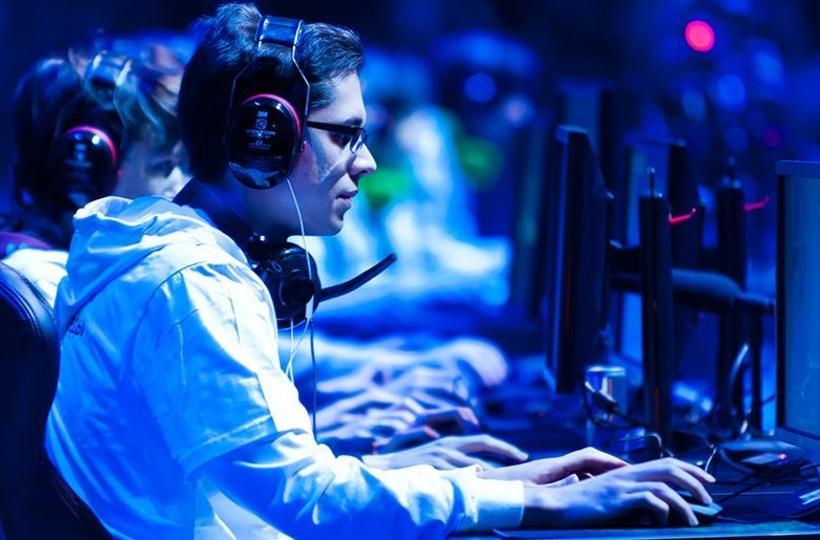Breitlauch: “We can do more than Gamble”

More than half of Germans play video games and computers. The pressure to succeed in the industry is enormous. The Breitlauch expert talks about Germany’s future as a gaming venue.
ZDFheute: Today, Germans play more than ever. But it’s rare to play a game in this country. Can’t we program?
Mr. doctor Linda Bretloch: Yes! More than 1,000 programmers are trained at the University of Trier alone, and it is the largest training ground for game developers in Germany. And a look at the German Computer Game Finance website shows that hundreds of games are currently being developed in Germany.
Compared to big places like the US, Canada or some European countries, we have relatively few really big studios.

The so-called “home market”, i.e. Germany’s gaming consumption, is less than four percent in this country. In fact, this means that although we are one of the largest sales markets for computer games, we have a relatively small industry of our own.
ZDFheute: How can Germany become more attractive as a location for the games industry? What would increase competitiveness?
Breitloch: An important step was taken with the introduction of federal funding for computer games, which has been in place since 2018.
Many other countries funded it early on and thus boosted its industry.
This could also work in Germany if the funding stays the same. In addition, there are also subsidies at the state level, but they vary greatly in quantity and structure.
It attracts international companies if they can reduce their costs through subsidies, and then they are happy to move their production to Germany, as has happened frequently in recent years.
For small studios, which tend to have funding problems, it remains difficult despite subsidies, because they often fail to make their own contribution.
Therefore, they still need the support of publishers who will help with financing and distribution. Showing smaller titles can help here – for example, providing marketing support.
ZDFheute: Why should a multibillion-dollar industry receive state support?
Bretloch: It’s the big global publishers that generate those sales, not the small independent studios. It is a cultural subsidy, just like the film industry, which incidentally receives much larger subsidies. Nobody questions that – and rightly so.
ZDFheute: What are the future prospects for your students in Germany?
Broad Lake: Better than ever. The shortage of skilled workers has also hit the gaming industry. Well-trained students are in demand – not just in the gaming industry, but in other innovative sectors as well.
ZDFheute: Could more gaming experience eventually help Germany in other areas as well?
Breitloch: The level of innovation and sustainability in gaming technologies and skills is high.
Original developments such as so-called game engines are often used in other industries and sectors.
For example, in visualization, cinema or architecture and urban planning. But industry can also refer to innovations beyond technology, such as managing a global community or developing new business models.

